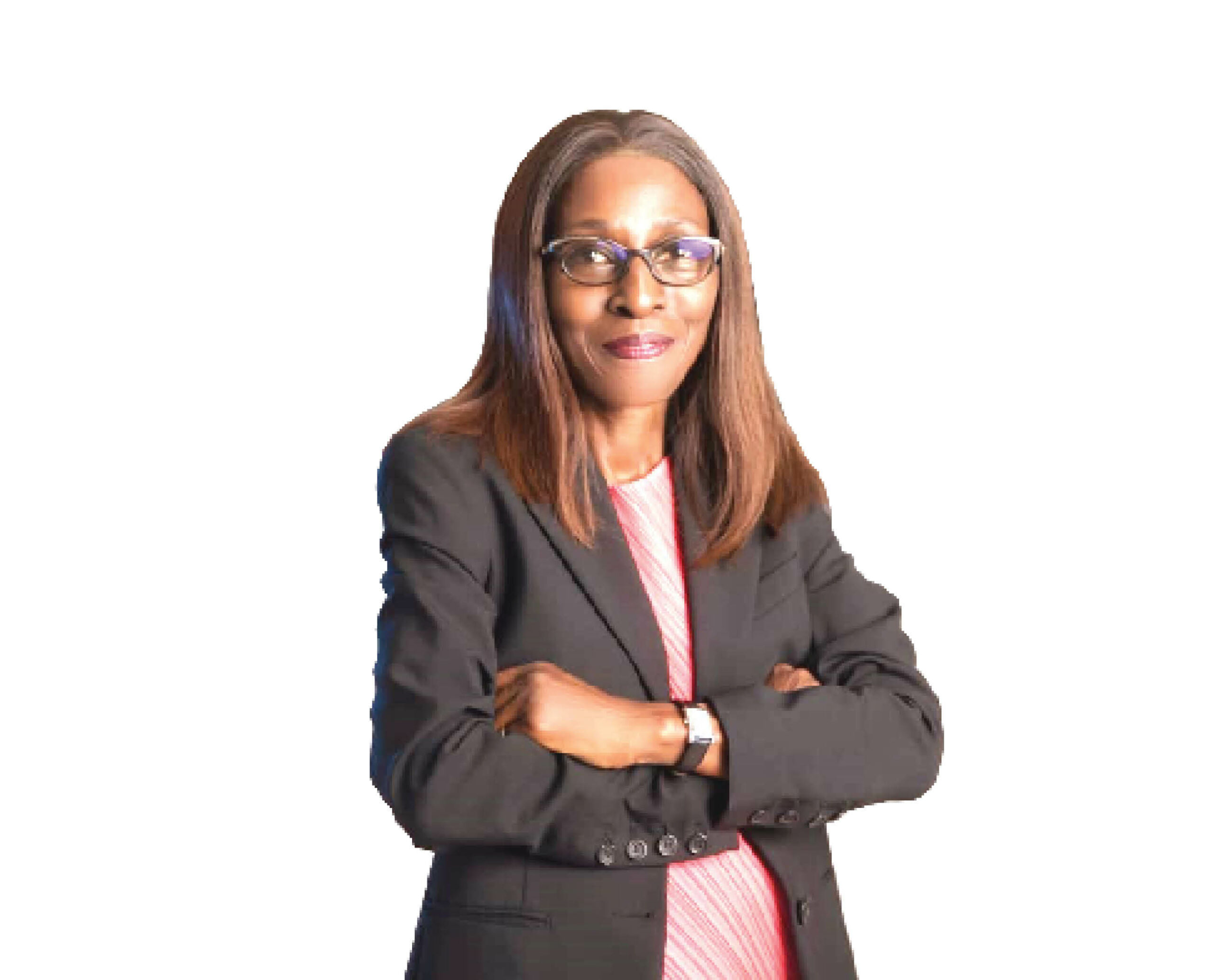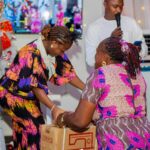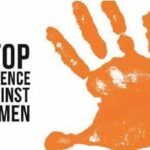The International Women’s Society, founded in 1957 in Lagos is one of the oldest and known bodies empowering the female gender as well as propagating and defending their rights. The society has made an impact in modelling women as powerful agents to bring about world change. In this interview with Tambari, the President of the society, Ms Tita Young speaks on its activities and other issues.
What is the International Women’s Society?
The International Women’s Society (Nigeria) was founded in 1957 by a group of public-spirited Nigerian and foreign women residents in Nigeria, to foster international understanding and to provide support and give assistance to women and children in need in Nigeria. It is an independent, non-political, non-governmental, and not-for-profit organization, that is run voluntarily by its members who also contribute in cash and kind so we can carry out the projects. Our goal is to impact the lives of the indigent and vulnerable girls and women in need, in a lasting and sustainable way.
What are some of the projects the organization involved in?
We have six projects which span the areas of Education, Health, and Social welfare services.
In the area of education, the International Women Society (IWS) Day Nursery, Yaba, was set up in 1961 to afford the opportunity of quality education to the girl child of market women selling their wares around Tejuosho market and its vicinity, with an end goal of dramatically changing lives. Through the years, the school has provided a good childhood education. A well-known former student is a renowned actress, Mrs Joke Jacobs (Joke Silva).
The Scholarships Fund is set up to provide and monitor scholarships to deserving indigent girls from primary through to the end of secondary schooling with the accompanying mentoring service. It has now been extended to include scholarships to the Skills Acquisition Centre and Widows Trust Fund.
The LUTH Library Trolley was set up in 1968 out of a need to provide succour to patients. Before COVID-19, members would visit between 8-12 wards every Wednesday, visiting with the sick, giving them emotional support, provide a selection of books and magazines for them, and in some cases help with the payment of bills.
The IWS Skills Acquisition Centre set up around 2001 is now equipped with e-learning facilities thanks to a grant from Polaris Bank. It aids youths and young adults, gain skills to help improve their lives and afford them the opportunity of a sense of achievement whereby they are finally able to, empower themselves.
Over the next two years, we also plan to extend the scope of the vocations we offer by introducing more technical courses.
We are also looking into allying with organizations that provide courses in the various arms of the construction industry which women can easily pick up.
The Widows Trust Fund was set up in 1998, to assist women to get back on their feet such that they can take control of their lives and that of their children, after the loss of their husband. Also, in partnership with various outfits, courses are set up so the widows can avail themselves of the opportunity to learn a skill.
Social Services set up in 2010, under which we run and maintain a home for abandoned children in Ijebu Ode. The home provides emotional support for such children taken in.
We are a group of dedicated ladies committed to a common cause, that is, to assist in easing the plight of the vulnerable and less privileged woman and girl child and indigent youths, and to do so at every opportunity. We mobilize, we educate and we act.
However, to do this and to make a lasting impact, we need the largesse and support of the larger public.
What are the characteristics/virtues in women that have made every 8th March worth celebrating?
Their ability to multi-task, their resilience, their forthrightness. They are also accommodating, perceptive, determined, and loyal.
How would you rate the overall input of women in the political and economic development in Nigeria?
The overall input? ‘Significant but undervalued!’. Economically, women do quite a lot. In the formal sector, though you have less of a female presence, they do contribute. However, in the informal sector, though behind the scene, their impact on the economy of Nigeria, cannot be denied. For example, most of those who do the farming in most parts of Nigeria are women. Yes, the men do the hoeing, etc., but it’s the women who are the planters and they do the reaping and sorting out. They start small-scale businesses – buying and selling on the streets and at the market and in some cases make enough to educate their children.
They develop skills and master the art of multi-tasking, they provide child care support which the men would have to pay for if the wife wasn’t there, this in itself is a contribution to the economy as the work which they do, can be said to enable men to go out to work.
Politically, never forget the importance of market women when it comes to the vote. Politicians know that they are a powerful force and court them when it comes to elections. Yet, we have never had a female governor. When a woman vies for posts like that, sometimes slur campaigns maligning them become the order of the day, they have even been known to have been threatened with violence.
What are the challenges facing women in society and how can they be addressed?
The traditional mindset where the vulnerable and less privileged women are excluded from education and are taught to believe that their place is solely in the home. They are still not being afforded the same opportunities of self-expression and economic empowerment to the extent of the men and so they end up being financially dependent on their husband.
Politicians on their part could focus more on women, particularly the vulnerable and less privileged and provide a more enabling environment. The standard of education needs to be raised significantly and the difference between right and wrong, the moral culture, should be introduced into the curriculum. There should be leadership by example! There is also a huge need for a lot more dissemination of information on things like redress and where to go for it and other options, in a language which they understand.
How has COVID-19 pandemic affected women?
There’s has been an incredibly steep rise in the incidence of domestic violence cases for one thing.
In many cases, the small businesses the women started, to supplement their husbands’ incomes, crumbled. They then spend their capital or seed money leaving them with nothing. This in turn resulted in an increased financial dependence on their menfolk who in many cases, had already had to accept a cut in their wages.
In such a scenario, of course, the first sacrifice will be the girl child. She gets pulled out of school, to learn a trade to help support the finances at home. A possible long-term effect of this is that it will affect the paradigm of women in the future and we may begin to see gender imbalance.
How would you describe the initiative behind the Skills Acquisition Centre in Lekki?
The initiative behind the Skills acquisition Centre came from one of our past presidents, who got tired of seeing youths just laying around and lying under the bridge with nothing to do and thought, how can I help make them assets to themselves and society. I like to think it was one of those Eureka moments! It has impacted and changed the course of so many lives, not only that it gave birth to the centre, a whole host of vocational Centres springing out everywhere.
Is the Skills Acquisition Centre meant for both genders or females only?
As part of our being sensitive to the needs of the community, we found that we could no longer justify the exclusion of the male youth, as the adage goes -‘idle hands breeds……..’ So yes, it does cater to both genders. More to the point, there is a growing realization that it’s not enough to just help the women and the girl child, to adjust to the realities of the day, there has to be a re-orientation of the mindset of the young men as well. They need to be trained to be more appreciative of women. We aim to help them come to that awareness.
Considering your busy schedule, how do you relax?
Hmm, with great difficulty. I am a ‘motion’ person, so constantly doing something. I love reading and am now trying to make more time for that. Most mornings, circa 6.15am, I go for a walk.
Favourite Food
My favourite food, I absolutely adore yam/pounded yam and can eat it without stew, if its party food, I love amala, ewedu and gbegiri (don’t like pepper).
Favourite Holiday destination
The British countryside in winter, particularly Somerset especially with a covering of snow and all the fields are looking so pristine and white.
Favourite Books
I don’t have a favourite book per se, I like well-written pieces and books with historical content.
Hobbies
Baking, reading and doing crossword puzzles.
Best gift
Best gift, that was a poster from my late mother (when I was 15 years old) of a young lady with her head on her arms and the caption, “May all your dreams come true!”

 Join Daily Trust WhatsApp Community For Quick Access To News and Happenings Around You.
Join Daily Trust WhatsApp Community For Quick Access To News and Happenings Around You.


